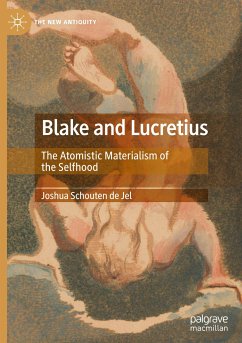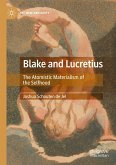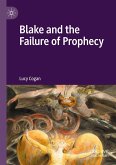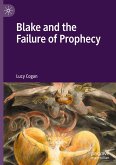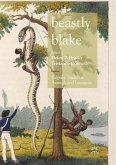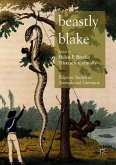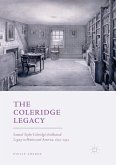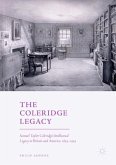This book demonstrates the way in which William Blake aligned his idiosyncratic concept of the Selfhood - the lens through which the despiritualised subject beholds the material world - with the atomistic materialism of the Epicurean school as it was transmitted through the first-century BC Roman poet and philosopher Lucretius' De Rerum Natura. By addressing this philosophical debt, this study sets out a threefold re-evaluation of Blake's work: to clarify the classical stream of Blake's philosophical heritage through Lucretius; to return Blake to his historical moment, a thirty-year period from 1790 to 1820 which has been described as the second Lucretian moment in England; and to employ a new exegetical model for understanding the phenomenological parameters and epistemological frameworks of Blake's mythopoeia. Accordingly, it is revealed that Blake was not only aware of classical atomistic cosmogony and sense-based epistemology but that he systematically mapped postlapsarian existence onto an Epicurean framework.
Bitte wählen Sie Ihr Anliegen aus.
Rechnungen
Retourenschein anfordern
Bestellstatus
Storno

